Good to the Bone: Why Chewing Matters for Your Pet’s Health
Dogs and cats love to chew – it’s natural, deeply satisfying, and actually really good for them. Fee

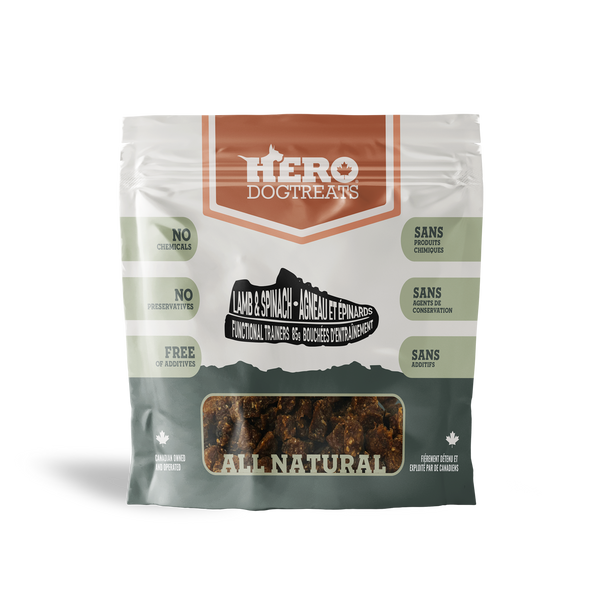
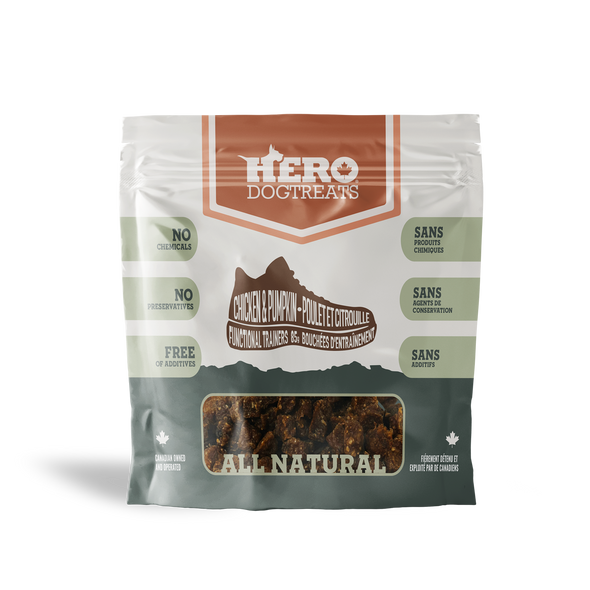

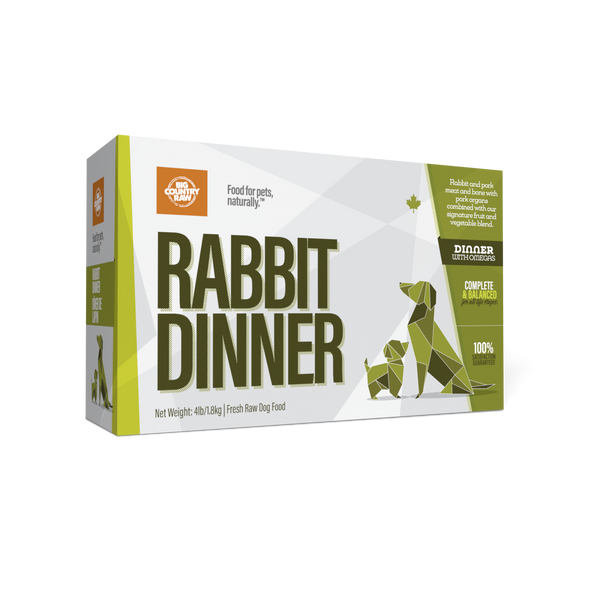

Adjust the slider to reflect your pet’s weight for an estimate.
Meal Planning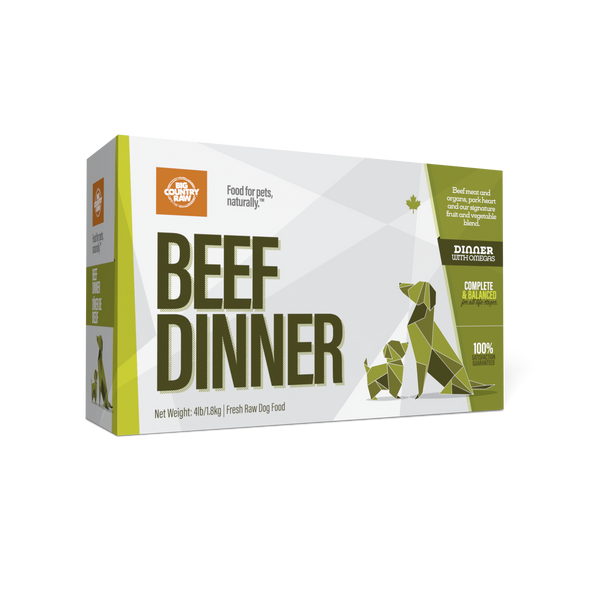

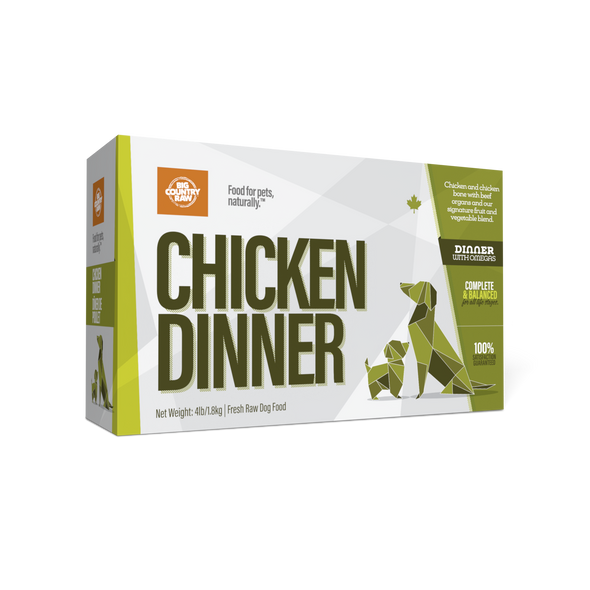
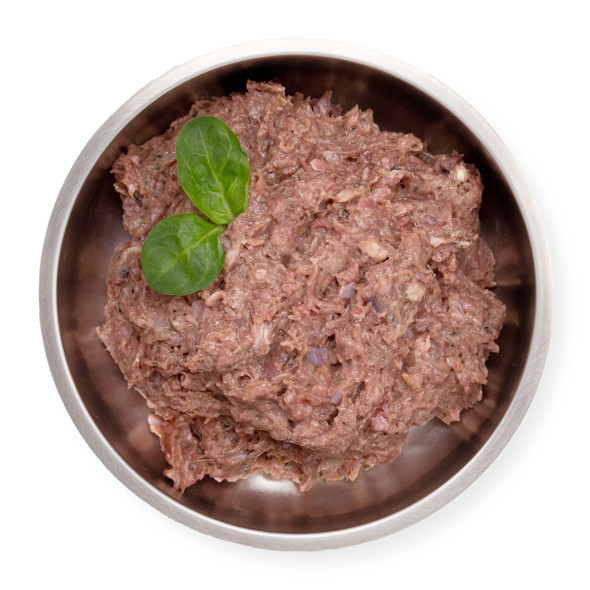
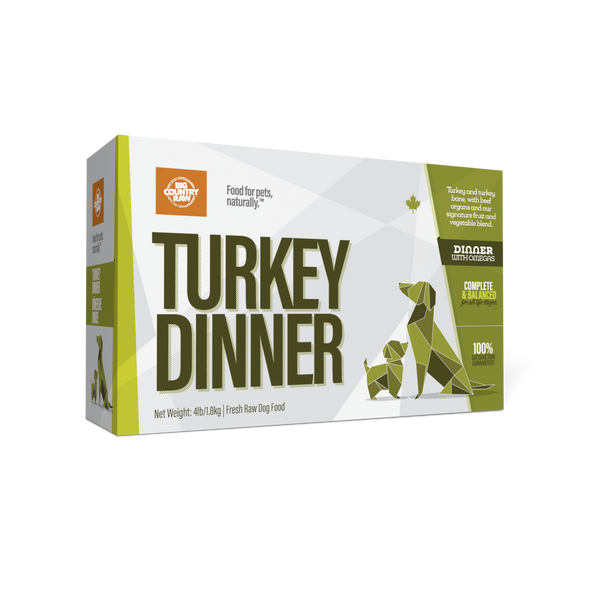


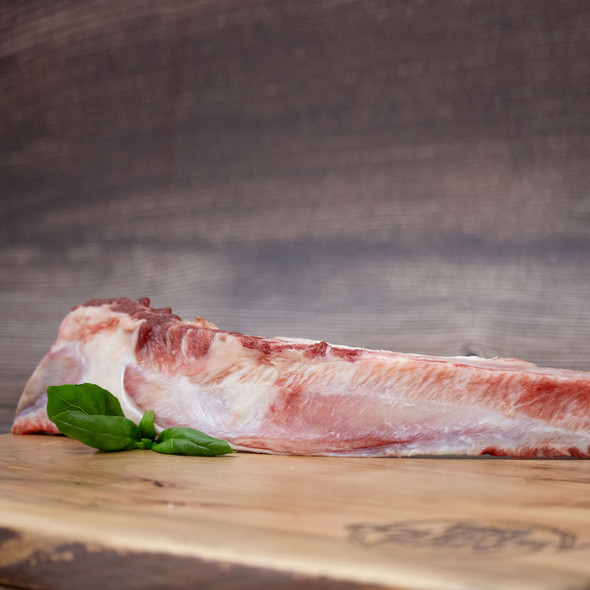


Dogs and cats love to chew – it’s natural, deeply satisfying, and actually really good for them. Fee
This month, we're highlighting health - how making a few small, intentional changes can have a big i
The holiday season is full of sparkle, excitement, and delicious food, but it can also disrupt your